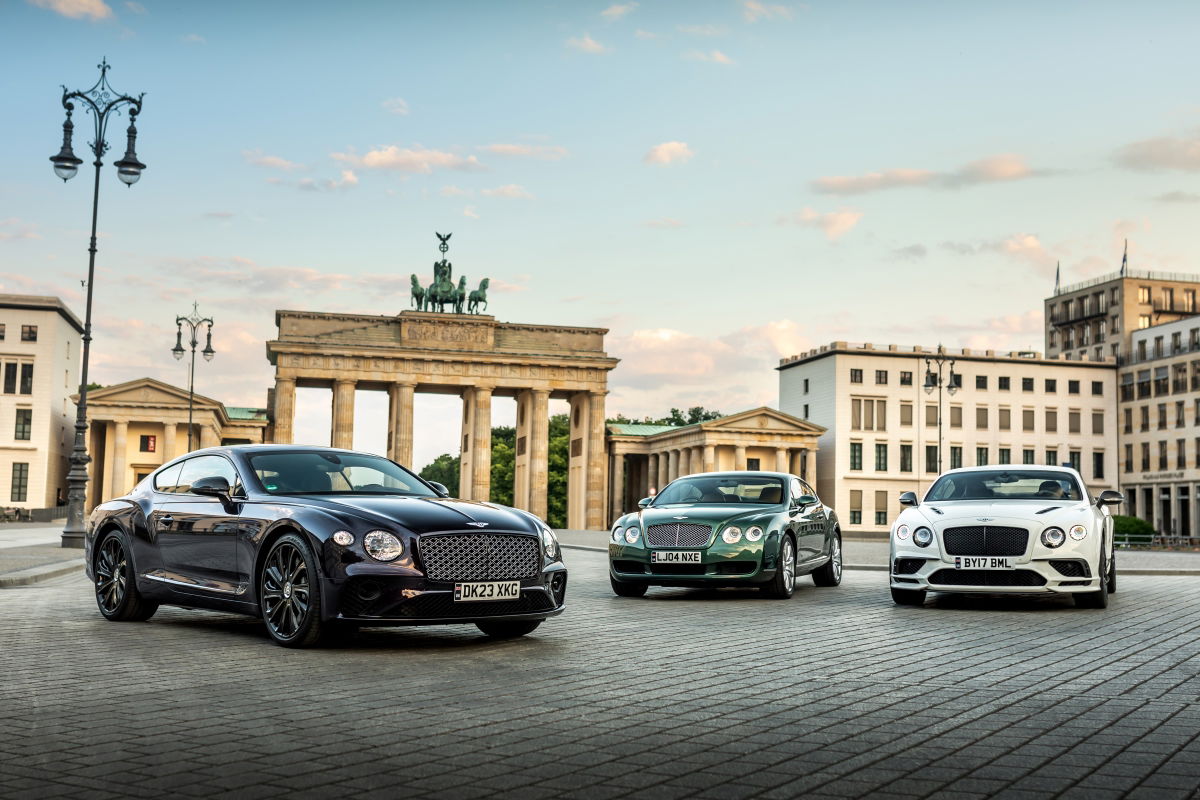Bentley is one of the hallmarks of luxury in the car industry, though as it’s owned by the Volkswagen Group, it relies heavily on technology sharing to remain financially viable.
Under every Bentley you’ll find a platform shared with its German siblings Porsche and Audi, with recent changes to those brand’s plans showing how the British-based marque isn’t fully independent.
Earlier this week, Porsche announced it would continue development of internal combustion engine-powered vehicles following a downturn in demand for electric vehicles, while Audi also recently walked back its plans to go EV-only in most markets by 2033.
Having previously planned to become an EV brand by 2030, this goal was pushed back to 2035 late last year, and now it appears it’s out the window altogether, according to Autocar.

Speaking to Bentley CEO Frank-Steffen Walliser, the executive said that due to the shared platforms and drivetrains between his brand and Audi and Porsche, the Crewe marque has to continue with petrol ICE engines beyond its initial projections.
“There is a dip in demand for luxury electric vehicles, and customer demand is not yet strong enough to support an all-electric strategy,” Walliser told Autocar.
“The luxury market is a lot different today than when we announced Beyond100. Electrification is still our goal, but we need to take our customers with us.”

This will lead to successors to the current-generation Bentayga, Continental GT and Flying Spur continuing to offer pure petrol, alongside plug-in hybrid alternatives. Currently all three models are also sold as PHEVs.
While the Bentley Bentayga SUV runs on the Volkswagen MLB Evo platform (shared with the Audi Q8, Porsche Cayenne, Volkswagen Touareg and Lamborghini Urus), the Continental GT and Flying Spur use the VW MSB architecture (as also found in the Panamera).
Now that Bentley’s own V12 is dead, all models share their engines and powertrains with other Porsche and Audi products.
Audi has continued to release new ICE models at a rapid rate, though most have at least been equipped with plug-in hybrid powertrains to bridge the gap between the brand’s current position and an all-electric future.
When Porsche made the announcement of changing its future EV plans earlier this week, it was reported that EV U-turn will cost its Volkswagen Group parent €5.1 billion ($9.1 billion), while the Stuttgart brand projects its operating profit will drop by €1.8 billion ($3.2 billion) in the 2025 financial year.
Bentley is still reportedly on track to launch its first EV next year, more than three years after the Rolls-Royce Spectre made its debut as the first battery-powered model from the British luxury marque.














Discussion about this post